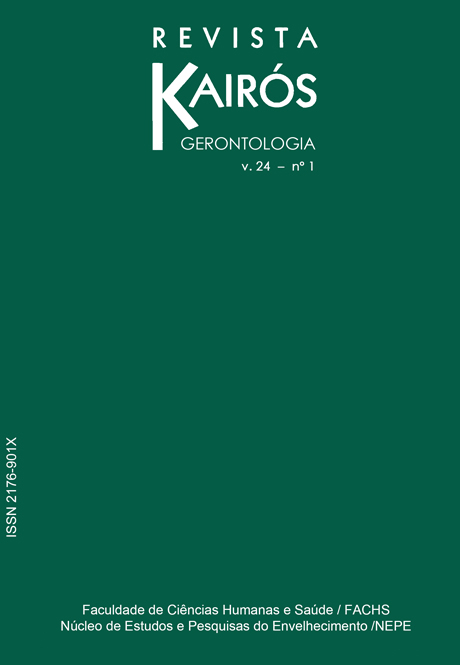Older people in the Programme Vínculos: The homogeneity of the experience of health, autonomy and occupation
DOI:
https://doi.org/10.23925/2176-901X.2021v24i1p59-78Keywords:
Gender, Older people, Social vulnerability, Self-perception, Chile.Abstract
The purpose of the article is to characterize older people in the “Vinculos program”, and to analyze possible differences by sex in their experiences of health, autonomy and occupation, in Valparaíso, Chile. It did a quantitative, non-experimental design of descriptive-transectional type. 126 adults over 65 years, beneficiaries of the program, participated in the survey. The sample was of an intentional non-probability type. Data from the program's Diagnostic instrument - questionnaire with thematic sections - were analyzed using descriptive statistics and the chi-square test. The results indicate that participants reported a high presence of chronic diseases and high degrees of functional impairment. Despite this, her self-perception of health and autonomy in activities of daily living was high. Older people report a carry out activities differentiated by sex in their daily life, and in the use of their free time. However, the results did not reveal statistically significant differences by sex in the dimensions studied. The homogeneous character of the experience and self-perception around the autonomy, health and occupation of older people living in conditions of poverty and social vulnerability is discussed. The complexity of this relationship requires integrating other categories into the analysis how gender and age, such as the “class” that contribute to exploring the inequalities differentiated by men and women as they age and their implications for public policy actions.


